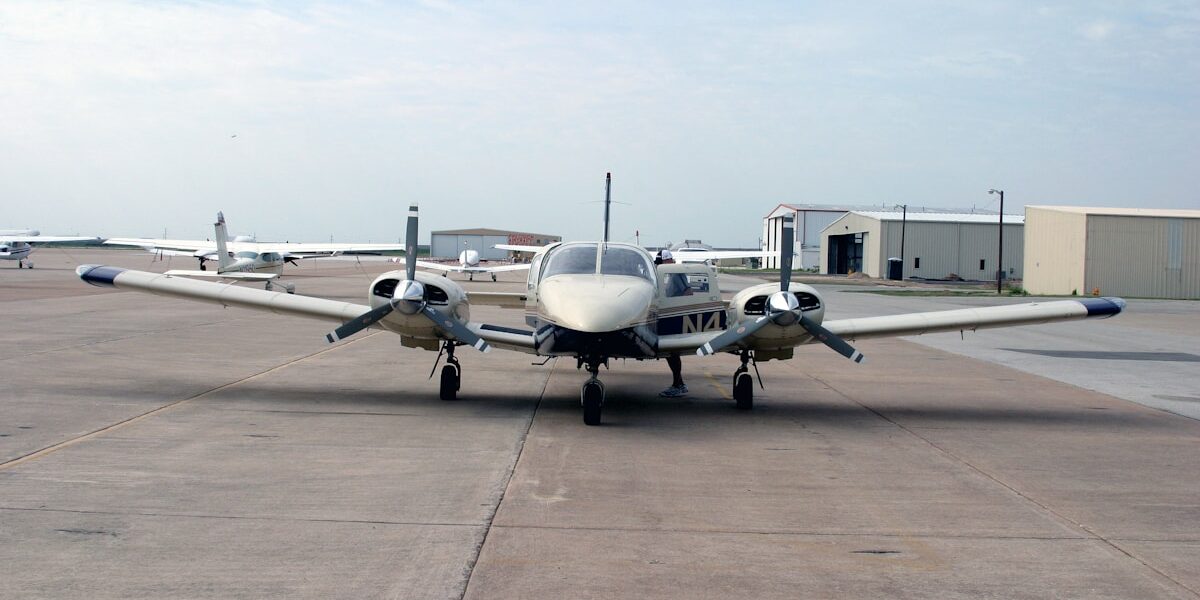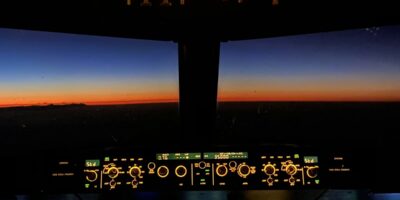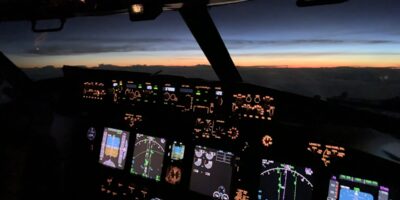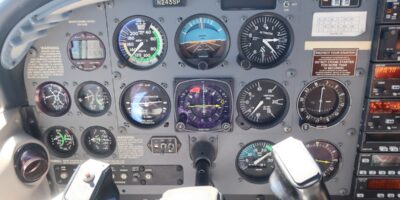Do You Need a Degree to Become a Pilot?
Becoming a pilot is a dream for many aviation enthusiasts. The allure of flying, combined with the desire to explore the skies, draws countless individuals to the profession. A common question for aspiring pilots is whether a college degree is necessary. The answer, while seemingly straightforward, involves various considerations. Let’s explore the pathways to becoming a pilot and the requirements that aspiring aviators must meet.
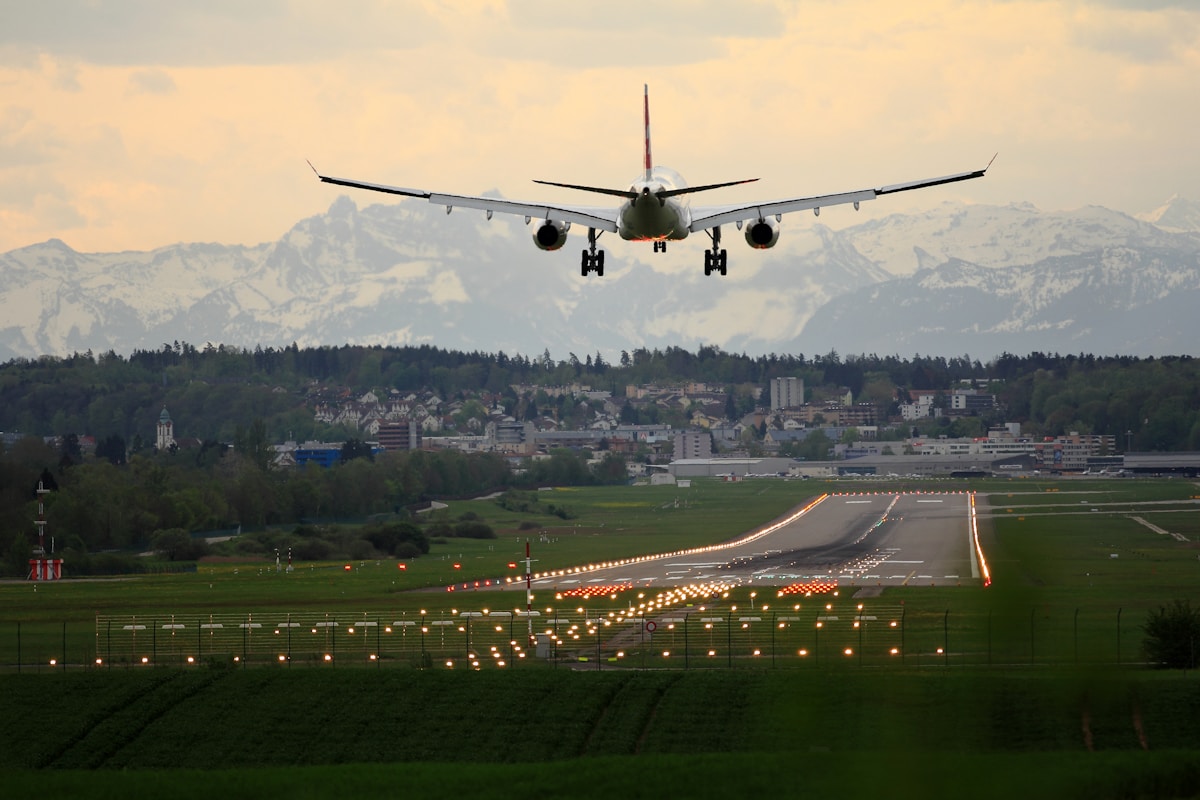
The Role of Education in Aviation
For those aiming to become pilots, a college degree is not a mandatory requirement. The core components of pilot training focus on acquiring specific licenses and certifications rather than academic qualifications. The Federal Aviation Administration (FAA) provides the primary pathway for pilot certification in the United States. Similar licensing requirements exist in other countries, albeit with region-specific variations.
However, having a degree can be beneficial, especially for individuals eyeing a career with major airlines. These airlines often prefer candidates with a bachelor’s degree, though it’s typically not a strict requirement. The degree can be in any field, though degrees related to aviation can provide a competitive edge.
Flight Training and Certification
The journey to becoming a pilot begins with flight training. Aspiring pilots enroll in flight schools to gain practical flying experience. The process starts with obtaining a Private Pilot License (PPL), the first rung on the ladder of pilot certifications. Training involves both ground school lessons and in-air practice, teaching students the fundamentals of flying, meteorology, and navigation.
After the PPL, pilots pursue more advanced certifications, such as the Instrument Rating (IR) and Commercial Pilot License (CPL). Each certification requires additional hours of flying and proficiency in complex navigational and operational procedures. The highest level attainable is the Airline Transport Pilot License (ATPL), mandatory for those seeking to become airline captains.
Alternative Educational Pathways
Many flight schools offer training programs that combine flight instruction with academic courses, resulting in an associate’s or bachelor’s degree. These programs are advantageous for those looking to enter the aviation industry comprehensively equipped. They often cover subjects like aviation management, safety, and operations, providing an educational framework that complements flight skills.
Additionally, some pilots choose to study relevant subjects like engineering, physics, or management, bringing valuable knowledge to the technical aspects of flying or the business side of aviation.
Military vs. Civilian Pathways
Individuals can also pursue a career in aviation through military service. The military provides an intensive pilot training program, with the possibility of transitioning to civilian aviation later. Military-trained pilots often bring a wealth of experience to commercial aviation roles. While the military path does not require a college degree at entry, officers generally need a bachelor’s degree at some stage in their careers.
The civilian path offers flexibility, allowing pilots to tailor their training according to their career goals. This path may be ideal for those seeking employment in regional or charter airlines initially, gradually working towards major airlines.
The Impact of a Degree on Career Prospects
While a degree is not a prerequisite for becoming a pilot, it can influence career advancement and opportunities. Major airlines often look for candidates who possess a combination of flight experience and educational qualifications. A degree can showcase discipline, commitment, and a well-rounded background.
Beyond initial employment, having a degree can be beneficial for advancement into management roles or specialized positions within an airline. This academic background can support further studies in aviation-related fields, opening up opportunities for roles in aviation safety, regulations, or training.
Cost Considerations of Becoming a Pilot
Pursuing a career as a pilot can be costly, with significant expenses associated with flight training, licenses, and associated exams. Programs combining flight training with a degree can sometimes provide financial benefits through scholarships or financial aid, making education more accessible.
Aspiring pilots should thoroughly research and compare the costs involved, considering factors like the quality of training, facilities, and career placement opportunities post-certification.
Industry Trends and the Future
The aviation industry is evolving with new technologies and changing market demands. While the demand for pilots continues to grow, the qualities sought by airlines are evolving. Skills in technology, communication, and problem-solving are increasingly valuable in this dynamic environment.
Education can play a vital role in equipping pilots with these skills. Continuous learning and professional development, beyond traditional degrees, are crucial as the industry embraces automation and advanced aviation systems.
